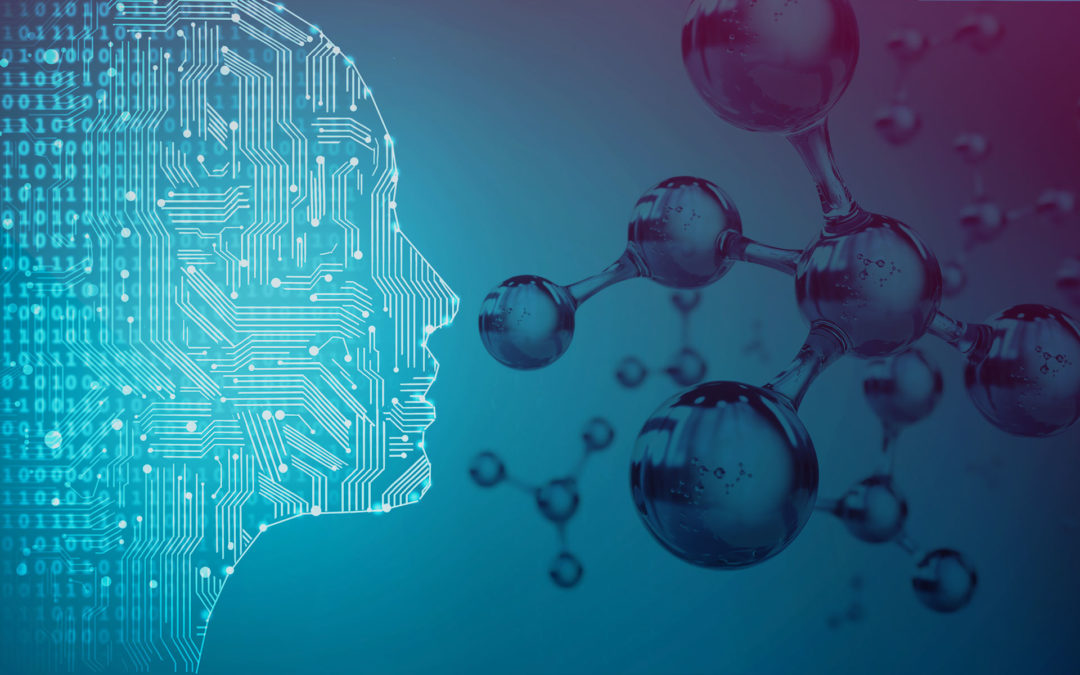Computing comes down to harnessing physics in different ways in order to process information. The difference between classical computing and quantum computing is in manipulating bits versus quantum bits, also called qubits. Much like bits, the two levels of a qubit are labelled by 0 and 1. Examples of qubits include electron spin or the polarization of light. What are electron spin and light polarization?










